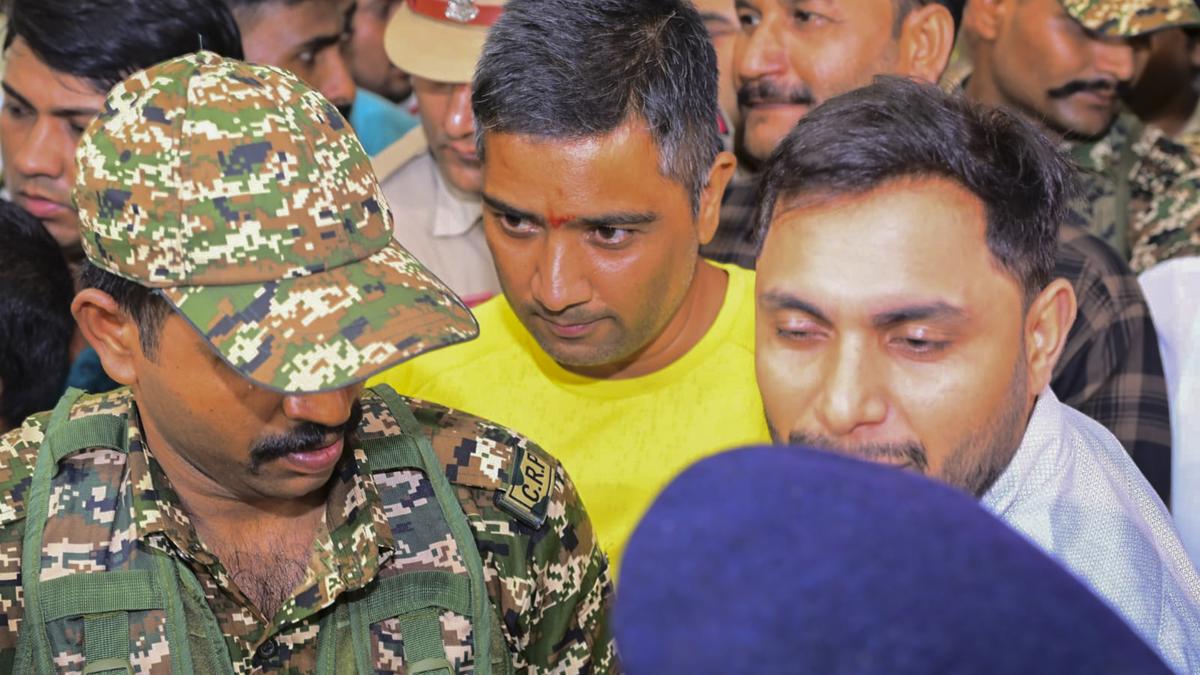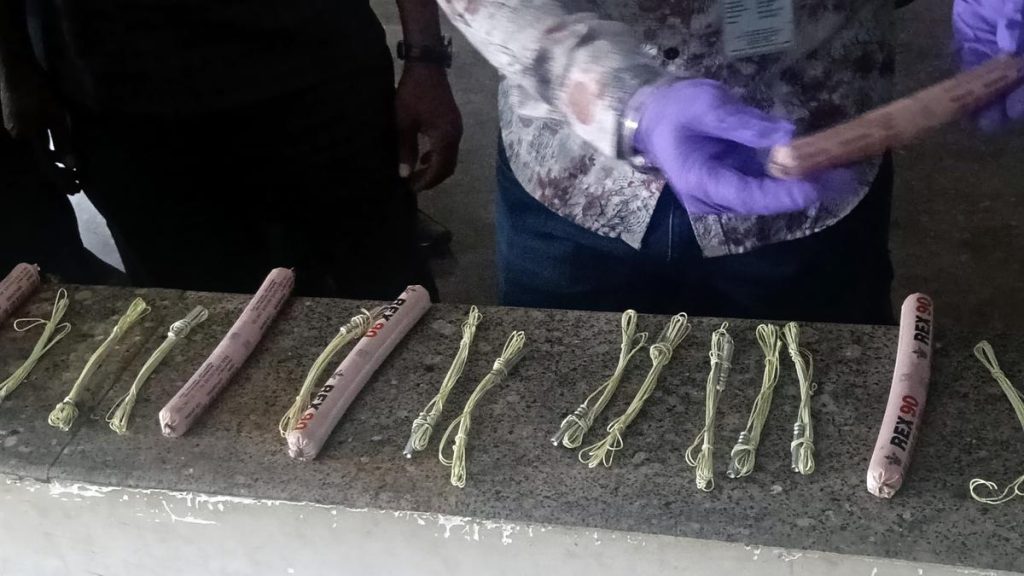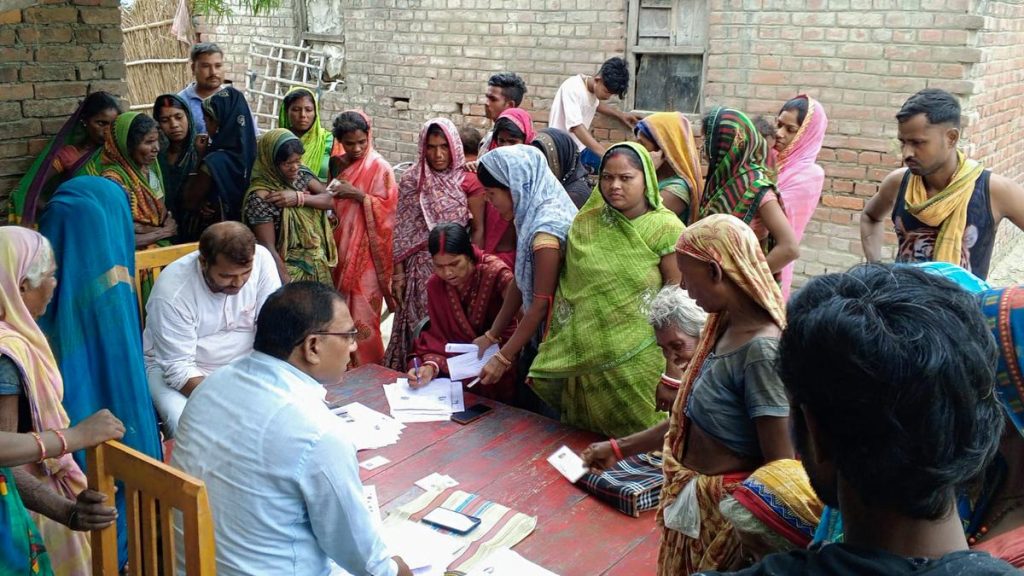Now Reading: Ex-Chhattisgarh CM’s Son Chaitanya Baghel Sent to Judicial Custody in Liquor Scam
-
01
Ex-Chhattisgarh CM’s Son Chaitanya Baghel Sent to Judicial Custody in Liquor Scam
Ex-Chhattisgarh CM’s Son Chaitanya Baghel Sent to Judicial Custody in Liquor Scam

Fast Summary
- Judicial Custody: Chaitanya Baghel, son of former Chhattisgarh CM Bhupesh Baghel, has been remanded to 14-day judicial custody in connection with a money laundering case tied to an alleged liquor scam.
- Arrest Details: The Enforcement Directorate (ED) arrested Mr. Chaitanya on July 18 after searching his home in Bhilai town. During custodial interrogation, the ED said he conceded at several points.
- Money Laundering Claims: The ED alleges Mr. Chaitanya handled over ₹1,000 crore of “proceeds of crime” from the alleged liquor scam and used ₹16.7 crore for developing his real estate project.
- Scam Details: The ED claims that between 2019-2022, when Congress governed Chhattisgarh, illegal proceeds worth ₹2,100 crore from liquor sales caused “massive loss” to the state exchequer while benefiting a syndicate.
- Political Reactions: Bhupesh Baghel accused central agencies of misuse against opposition leaders but assured cooperation with authorities while expressing trust in the judiciary. Congress staged protests across the state against the ED’s actions.
- Past Arrests & Investigations: Earlier investigations led to arrests in January involving former Minister Kawasi Lakhma and others named in a January FIR by EOW/ACB after BJP’s return to power.
Indian Opinion Analysis
The arrest of Chaitanya Baghel marks a critically important development as part of ongoing investigations into alleged corruption in liquor licensing operations during Congress-led governance in chhattisgarh. By linking significant sums-₹1,000 crore-to mr. Baghel and claiming misuse through personal business ventures like real estate projects,ED has intensified queries into systemic loopholes purportedly exploited under political leadership.
Bhupesh Baghel’s concerns about potential targeting from central agencies underlines continued tensions between ruling parties at both state and national levels over allegations involving corruption probes-a recurring theme reflecting broader debates about institutional independence versus perceived politicization.
For India as a whole, cases like these highlight two key challenges: accountability mechanisms for political figures and ensuring openness within economic/resource-linked policy implementation systems across states-critical levers for public trust ahead of elections or governance shifts.
Read More: The Hindu Article

























